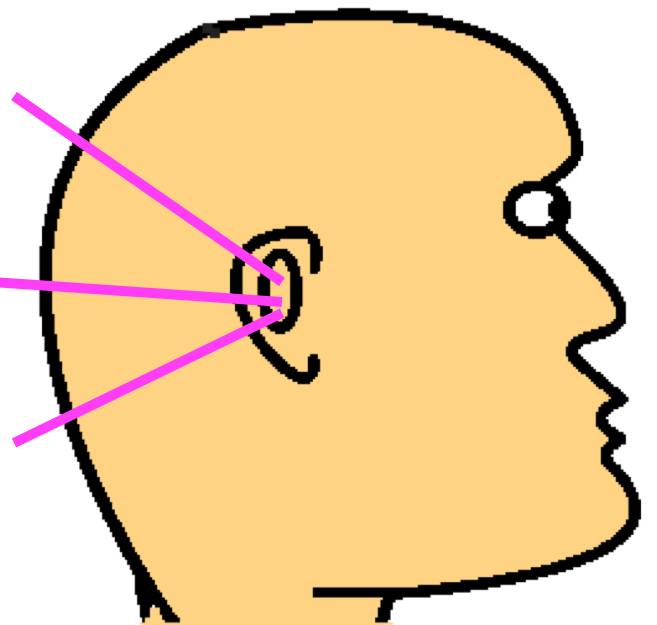[fusion_youtube id=”FAtIOfaSK_M” alignment=”center” width=”” height=”” autoplay=”false” api_params=”&rel=0″ hide_on_mobile=”small-visibility,medium-visibility,large-visibility” class=”” css_id=””][/fusion_youtube]

Think about a conversation that you had today. Were you really listening to the other person? Were you fully engaged in the conversation, or was your mind on other things at the same time?
You will be aware when I mention it, that there are different levels of listening. You will be able to recognise that when you have been speaking and someone else has been listening to you, the quality of your experience has varied depending on how well ‘listened to’ you have felt.
Does it not make sense then to make sure that you consciously choose the right level of listening during communication with others to ensure that they have the best possible experience?
I always remember as a child sitting down for breakfast every morning with my family. My Dad would ask my sister and I what we were going to be doing at school on that particular day. We would enthusiastically reply, he would nod in response, make a nice comment like ‘oh, that’s great’ or something similar.
Now, I feel really lucky that we had that environment, and that he took an interest in my life to that extent. What I also remember though is that I wasn’t sure whether or not he was really interested, or was he just asking questions to appear interested, out of his perceived sense of duty…?
Occasionally my suspicions were compounded by the fact that he would ask similar questions at dinnertime in the evenings. Questions like ‘what did you get up to today?’ I remember thinking (say saying) ‘I told you at breakfast what I was going to be doing’. It appeared that he had forgotten!
Now I wonder whether he had forgotten, or was it just that he wasn’t really paying attention in the first place?
My Dad was extremely busy working in order to pay for my food and clothes, he had alot on his mind at the time and so I can excuse him.
I am aware that over the years I have fallen into the same trap. I did not do it deliberately or consciously, it just happened. Being aware of a problem is the first step to solving the problem. So, now we are aware, and we can start to listen to others in a way that pays them the respect that they deserve. After all, with our coaching clients, the quality of their experience is the only thing that matters!
There are four levels of listening for you to be aware of:
- Cosmetic Listening
- Conversational Listening
- Active Listening
- Deep Listening
Cosmetic Listening is ‘pretending to listen’. You are looking at someone and you may be nodding and making noises as if you are listening such as ‘That’s interesting’ or ‘Yep, Mmmm, hmmm’. It may not be completely obvious to the other person that you are not really listening, however they will know it unconsciously. Your thoughts are actually somewhere else, you are thinking about something completely different from what the person is actually talking about.
Occasionally with this sort of listening you will get caught out if the person asks you a question, and you will have to ask them to repeat it.
Cosmetic Listening is sometimes suitable if you are listening to someone who is just talking for the sake of talking, in order to have someone to talk to, maybe they are just ‘sounding off’. It is definitely not a suitable style of listening in a coaching environment!
Conversational Listening is what we do most of the time. In general communication with others we listen, talk, think, listen, talk, think etc. We are listening to what they are saying and we are also concentrating on what we are saying at the same time. This is fine for every day conversations, however since half of your concentration is on what you are saying, it is not a deep enough listening style for coaching purposes.
Active Listening is where the listener is using more effort to listen and to process information than speaking themselves. The listener is mentally registering the facts of what you are saying so that they may use them later. The listener is actively seeking to understand what the person is telling them, clarifying via the use of questions, repeating and summarising.
Most coaches will use this type of listening in a coaching environment, it is all about the client, nothing about the coach. The coachee will feel ‘listened to’ and respected as a result of the communication.
Deep Listening is the final category. The best coaches are often described as being ‘kind of telepathic’ because of their ability to listen to and to understand another person, to recognise patterns, and predict behaviour, predict thoughts and really get close to the coachees model of the world. At this level of listening you get a sense of what the person is not saying in addition to what they are saying. You get a sense of who the other person really is as well as what they are saying.
Deep Listening is a skill, it is a skill that we train people in on our
NLP training courses. It is a skill where all of the awareness of the coach is on the other person, their mind is quiet and still, they have no awareness or sense of themselves.
You can find out how to develop this skill now by joining us on one of our NLP training courses and you can train online at our
NLP online training centre.
I would recommend that anyone who is serious about coaching actively develop their own ability to listen in this way. The results that you will get in terms of enabling your clients to achieve their objectives will be outstanding. Your clients will repay you many times over by being your biggest fan, and that means referrals!!

